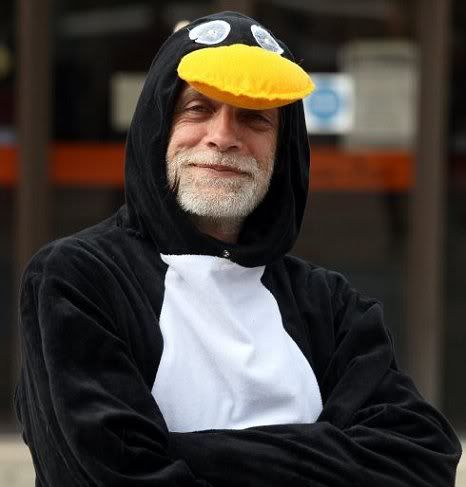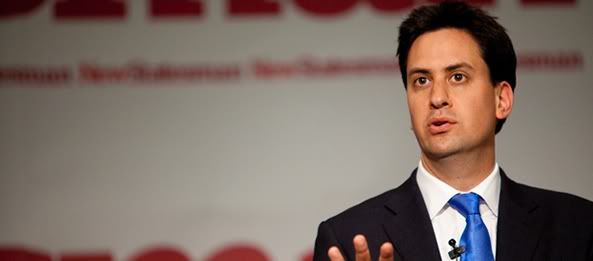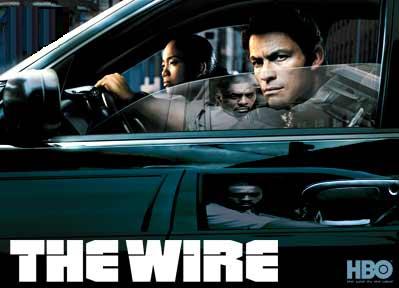“The greatness of a nation and its moral progress can be judged by the way its animals are treated.”
…So said Mahatma Gandhi, but there are other means of discerning a country’s moral compass. Some would offer a more human example and point to the way a nation treats the armed forces personnel who make it back home.
The wars in Iraq and Afghanistan simultaneously polarised society and reacquainted it with the concept of ambiguity. Ed Milliband, the leader of the Labour Party – the opposition to the Coalition Government for the next few years – has called the Iraq invasion a mistake.
At a time when fewer British people than ever seem to support the continued military presence in Afghanistan (and Iraq before it), conversely, support for the UK armed forces personnel has never been higher.
At Wootten Bassett in Wiltshire, UK, crowds regularly lined the street, respectfully silent as the fallen were conveyed through from the local RAF base. The media has also played its part, keeping the spotlight on those who have suffered horrific injuries, in the course of their duties, and who now strive to rebuild their lives.
There is another category of injured personnel, which harkens back to the First World War – those suffering from Post Traumatic Stress Syndrome. PTSD is not exclusive to those who have been in combat situations. It can affect anyone – military or civilian – who is or perceives themselves to be in a traumatic incident: accident, attack or abuse.
In WW1 it was called ‘Shell Shock’ and in WW2 personnel were sometimes branded as having a ‘Lack of Moral Fibre’. The realities are far more complicated. A range of symptoms includes: hyper-vigilance, mood swings, depression, aggression, anxiety, phobias, an inability to handle changes to routine and flashbacks. PTSD affects not only the service personnel, but also their family, friends and their day-to-day relationships.
In the UK, a charity called Combat Stress, founded in 1919, offers short-stay clinical treatment and community outreach services. They also offer help and advice to the families of Veterans. In the US, there is a National Center for PTSD.
But the very nature of PTSD means that sufferers can often have difficulty recognising their condition and taking the steps to get the help they and their families need.
One person who found his own way forward is a friend of mine, former serviceman Villayat SnowMoon Wolf Sunkmanitu. He was stationed in Northern Ireland and his PTSD went undiagnosed for years. While being supported by Combat Stress, he has also explored his condition through photography and poetry in Words of a Wolf: Poetry of a Veteran, in which he aims to raise awareness of PTSD and encourage other PTSD sufferers and their families to seek help and support.
Some of the funds raised from the sale of the book will go towards financing a national exhibition of poetry and photography with the same aims.
For information about PTSD:
http://www.combatstress.org.uk
http://www.ptsdresolution.org/
http://www.publications.parliament.uk/pa/cm200708/cmselect/cmdfence/424/424we13.htm
Words of a Wolf is available in bookshops and online. Villayat’s blog also features regular pieces about his ongoing journey.








